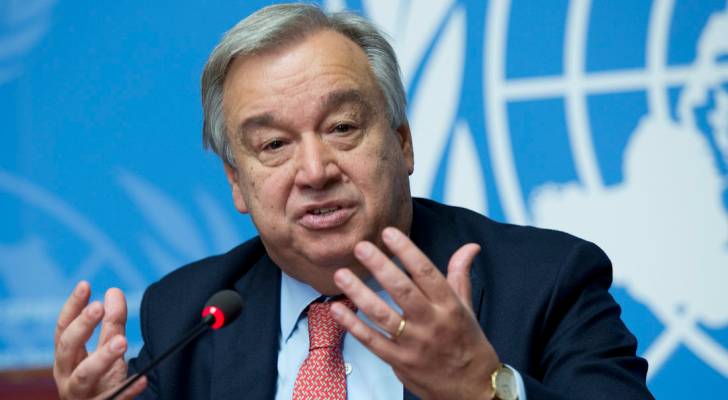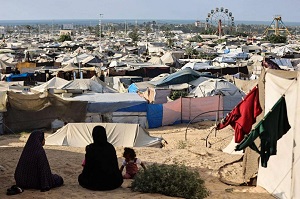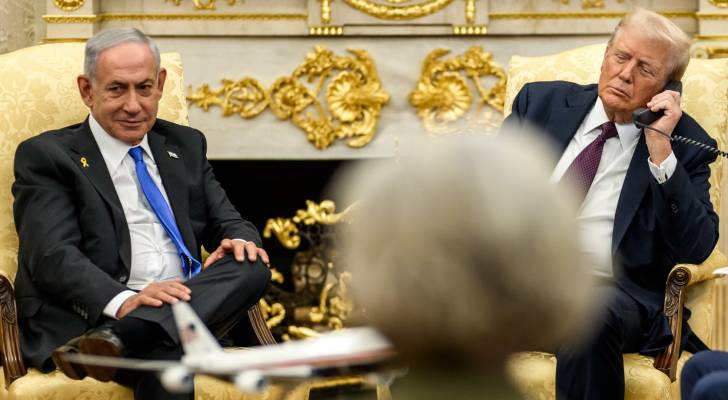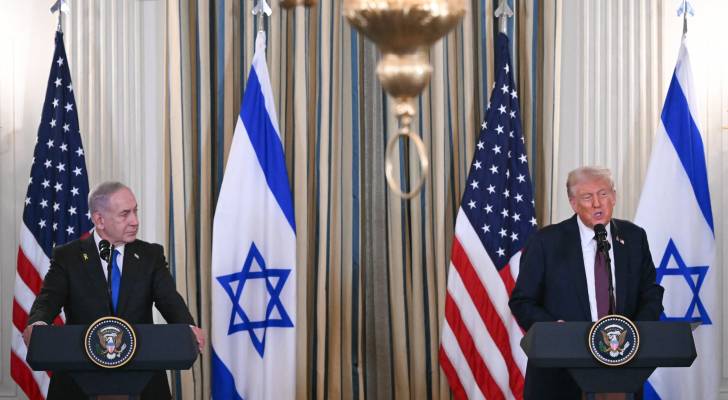Hamas and Trump’s Gaza plan: A no-choice dilemma - By Mohammad Abu Rumman, The Jordan Times
Roya News
Donald Trump’s plan to end the war in Gaza marks a critical turning point—not only in relation to the genocide and Gaza’s fate, but also for the entire regional landscape. If the plan moves forward, Hamas agrees to it, and an interim authority alongside an independent technocratic Palestinian government is established, it would amount to a fundamental shift in the Palestinian and regional scene. If Hamas were to reject it—an unlikely scenario—Netanyahu would effectively receive a blank check from Trump to continue mass killings and displacement, while also creating a complete rupture between Hamas and Arab governments that endorsed the American plan, including Turkey’s President Recep Tayyip Erdoğan.
Palestinians—and Hamas in particular—are caught between two disastrous choices. Acceptance would mean practically severing Gaza from the West Bank, blocking the path toward a Palestinian state, at least within the American-Israeli framework. Netanyahu reiterated yesterday his rejection of a Palestinian state, with Trump responding that he “understands” this stance. Netanyahu further tied the Palestinian Authority’s potential return to Gaza to a reform process which, by Israel’s definition, would only turn the Authority into a service provider under full Israeli control, erasing any real notion of sovereignty.
Agreeing to the U.S. plan would therefore amount to total surrender and the end of armed resistance—not just disarmament. As Trump and his administration have repeatedly made clear, acceptance also implies continued Israeli security dominance over Gaza, even if the army withdraws from within the Strip. Trump’s plan envisions Gaza as an international economic zone under U.S. trusteeship, effectively removing it from the Palestinian equation. Israel, in turn, would retain the power to decide if and when the Palestinian Authority could return, and under what conditions. Trump’s political circle shares the same hardline views as Netanyahu, Smotrich, and Ben-Gvir.
The brutal humanitarian, political, and practical realities make it nearly impossible for Hamas to reject the American plan. Stopping daily killings, displacement, starvation, and destruction is the urgent priority for Palestinians, Hamas, and Jordan. Yet acceptance under Netanyahu’s terms would be like swallowing deadly poison. Hamas may therefore agree to the plan but submit its own interpretation and clarifications, provided Arab governments rally behind a unified position to pressure Washington. Otherwise, Netanyahu will exploit any pretext to blame Hamas for non-compliance and resume scenarios of mass displacement and expanded occupation inside Gaza.
Most likely, Hamas will agree. Reports suggest deep internal debates within the movement about its future—redefining its identity, the relationship between political and military wings, and exploring strategic survival options, even through political compromise. Sources close to Hamas note that the military wing has granted the political bureau full authority to negotiate, making conditional acceptance the most probable outcome.
Still, the risks are enormous. There are no real guarantees behind U.S. or Arab assurances, as events in Lebanon, Syria, and the West Bank demonstrate the fragility of international commitments. This places special responsibility on Arab states—and particularly Jordanian diplomacy—to frame a detailed and precise collective Arab reading of the plan, countering Netanyahu’s narrative.
In the end, Trump’s plan rescues Netanyahu and Israel from international isolation and the mounting shift in Western stances. It essentially secures Israel’s war objectives in Gaza while offering no deterrent against Israel’s advancing regional agenda. Nothing prevents the annexation of the West Bank, which is already unfolding on the ground. Trump has also signaled he will use this plan to accelerate the Abraham Accords, normalize relations, pressure Arab states, and end Israel’s isolation.




